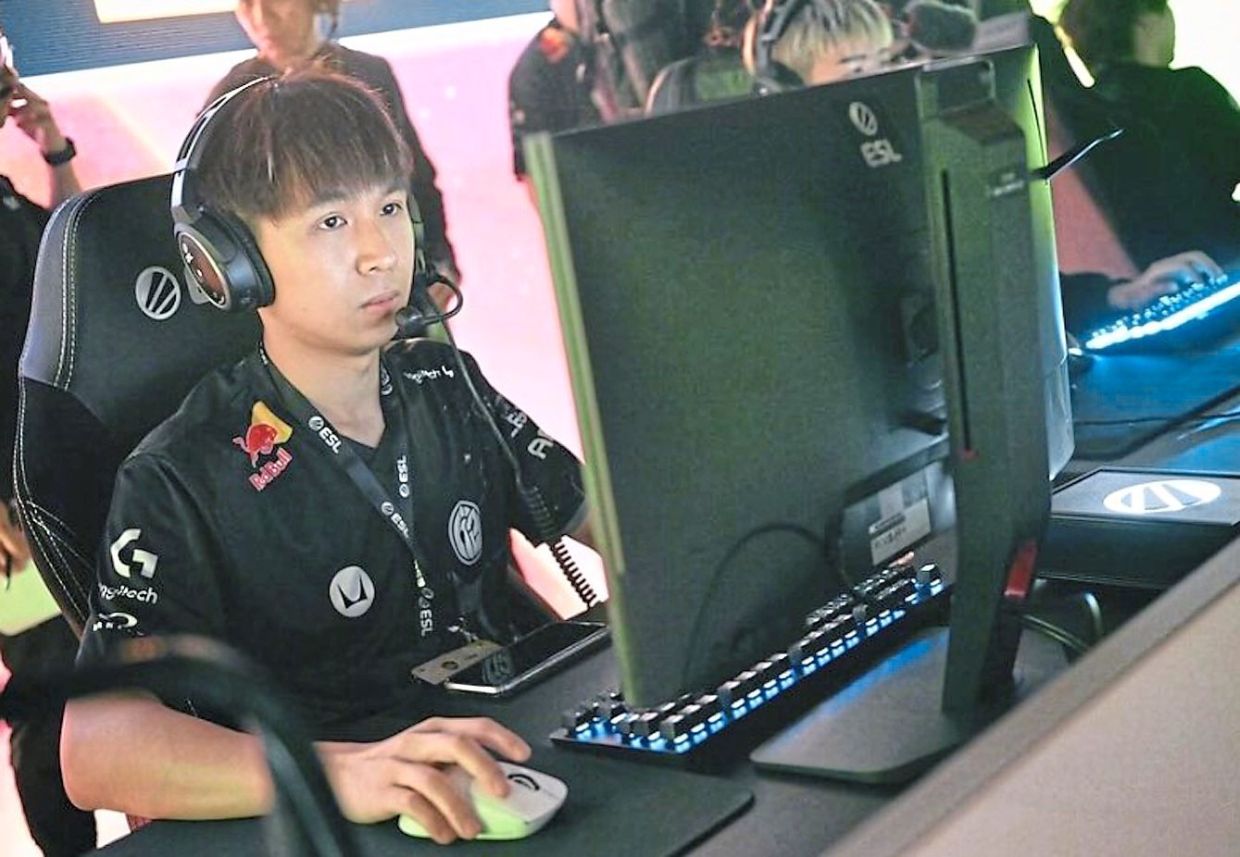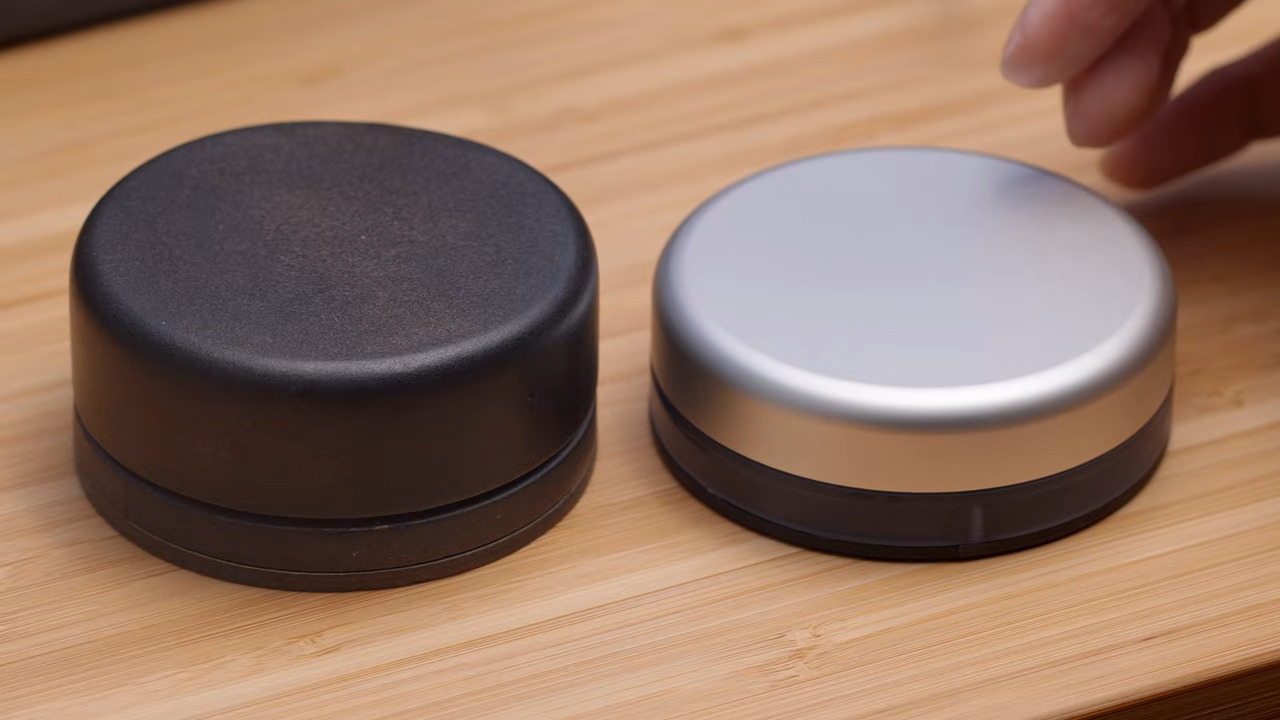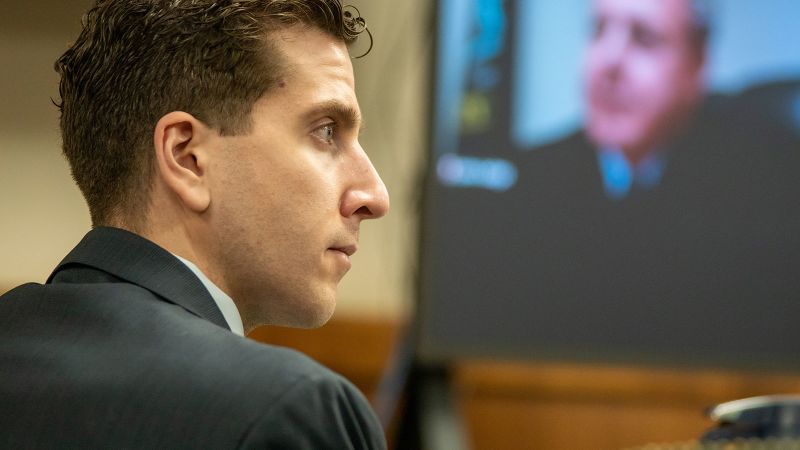Many young Malaysians have dreamed of turning their love of video games into a career, most often in the field of game design. However, a small minority have managed to take the other path, and venture into the arena of competitive multiplayer video games, most often known as e-sports. Dota 2, an e-sports mainstay For readers unfamiliar with the game, Dota 2 is a multiplayer action real time strategy game where teams of five players compete against each other to be the first to destroy the opposing team’s Ancient, which is a large structure in the centre of each team’s base.
Each of the players controls a character, known as a hero, with unique abilities and powers. Throughout the course of the match, players will accumulate experience points and items, which will help them fight against enemy players and ultimately accomplish their goal of destroying the Ancient and winning the game. Dota 2 is an immensely popular e-sport title played the world over.

— Valve Corporation Dota 2 is known to be a game with a steep skill curve and deep mechanics, which allow for high levels of competitive play. Many millennial gamers will remember the Dota series of games being a mainstay of their childhood or teenage years, and perhaps some have even entertained fantasies of playing professionally in the nascent e-sports scene. But what was it really like trying to break into this industry? Early beginnings Professional e-sports is a career path that can be extremely rewarding financially for the select few who are able to make it in its highly competitive landscape.
The 27-year-old Yap Jian Wei, also known by his gaming handle of xNova, is one such person. As of 2023, he has been the highest earning e-sports player from Malaysia, with total overall earnings of over US$2.1mil (RM9.
34mil) in his chosen game, Dota 2 . Until very recently, he had been playing in a “Support” role with the European-based team OG. The path he had taken to get this far was not an easy one.
“I started playing when I was 10 or 11,” Yap says. His entry into the world of real time strategy games was at an early age. “I don’t remember which game it was, it might have been StarCraft or Age Of Empires .
I went to Dota because I followed my brother.” Dota resonated deeply with the young Yap. He was particularly drawn to the dynamic gameplay and how no two games were exactly alike.
Professional e-sports is a career path that can be extremely rewarding financially for the select few who are able to make it in its highly competitive landscape. — Unsplash He says, “I played Dota all the time. It’s just different compared to all the other games.
There are always so many changes, and so many situations can happen in a game. It won’t always be the same game, and that’s what I feel is challenging. That’s why I’ve stuck with it all the while until now.
” Yap’s devotion to the game and mastering his craft is remarkable. Considering all the hours he’s put into the game, one would imagine that burnout would be a very real concern, but it seems that Yap is far from getting bored with the game, and in fact has kept his passion burning through the long years. “I’m the kind of person who tends to give up easily when I’m learning new things,” Yap admits.
“So I’m not sure why I’ve kept my passion in this game all the way. Even though I’ve been playing for so long, every day is still a learning day for me. There is still so much to learn about this game.
” Going pro Just as you would expect from an Asian household, there was pushback on Yap’s interest in turning his hobby into a profession. He says, “Back then, e-sports was not a thing. My parents and relatives were really against it.
I started going competitive at a very young age, maybe around 14 or 15, when people just started playing.” This was during the days of the first Dota game. Yap has been playing the game series since his childhood over 15 years ago.
— YAP JIAN WEI Yap played semi-professionally until college, winning local and South-East Asian tournaments. After finishing pre-university, he then decided to take a break for a year to try and commit to playing full-time. “I was on the verge of giving up,” he confesses.
“Things weren’t going so well and there wasn’t much in terms of results. Then a friend suggested I join a team based in China.” This was LGD Gaming, a Hangzhou-based e-sports organisation and one of the oldest in the country.
Yap joined in 2018. “That was the biggest turning point of my career and my life.” From then on, everything started coming up roses for Yap.
He started winning more and getting good results. The team managed to win two Dota Pro Circuits consecutively, which are official, developer-sponsored tournaments. “I really enjoy playing competitively,” Yap says.
“The vibes and feelings. I enjoy playing at the top level, playing on the stage and enjoying the crowds. It always feels good when you’re playing well and winning.
Seeing others win also gives me the drive to keep going. I can turn the pressure into more motivation.” A day in the life of an e-sports professional During tournament seasons, the e-sports teams tend to stay together and train together in bootcamps.
At the time of this interview, Yap was still with OG. He describes the average day at work, “Our training starts at maybe around 12 or 1pm. In the morning you can basically do anything you want.
For me, I tend to wake up around 8 or 9am, have breakfast, and play some public or ranked games for warmup.” Yap is referring to online game modes where players play with a random selection of players, typically chosen from a pool of public players at around the same skill level. The team's chosen heroes get ready as a game of Dota 2 begins.
— Valve “At around 11am, there will be some briefings and discussions, normally led by the coach, to talk about what we can improve on, and our goals for the day. Then we would proceed to training.” Usually about four to six training games are played a day, often against the other teams.
As each game lasts about an hour, the training session would likely be completed by 5 or 6pm, after which is dinner time. “After the conclusion of training we are free to do anything we want,” Yap says. “But mostly we’d just continue to play more until maybe midnight.
” One can imagine that keeping up this kind of mentally-taxing routine day in and day out is no easy matter. It is a cutthroat industry, where players are expected to keep up with the latest game changes and adapt accordingly even partway through tournaments, with failure to do resulting in crushing losses against opponents. “It’s my first year playing in the European scene,” Yap muses.
“Most of my career was spent in China, in Chinese teams. I’m still quite new to it, and I’d say there are differences between the culture of Westerners and Easterners. When I was in Chinese teams, we focused more on quantity of training over quality.
You’d put more time and effort into training. Whereas in OG, there are other factors outside of the game too.” According to Yap, they’d put effort into fostering friendships between the team members and build a safe space where people are free to talk about anything.
“That’s where you gain trust,” Yap says. “We believe that it will help you to play and perform better.” International success Being one of the most successful e-sports players to emerge from Malaysia, Yap is no stranger to publicity.
His actions and performance in-game has long been the subject of public scrutiny, just as it would be for any athlete in more traditional sports. Dota 2 tournaments are massive events attended by thousands. — The Star “Maybe during the first few years of my career, I would care a lot about what people say,” Yap says.
“Sometimes you can’t help but want to know what people think. It did affect me a little, and also sometimes those words could be harsh. But they could be true as well.
They are actually pointing out the problems that you have. I’ll just take it as points for me to improve myself.” With the passage of time, Yap has learned to distance himself from being too affected by what people say, only occasionally checking up on public opinion.
The status of e-sports as a legitimate sport has come a long way since its humble beginnings, much like Yap himself. “Back then, people didn’t really recognise e-sports and just thought gaming was bad,” Yap says. “They didn’t see it as a career.
There was no pay for the players. But now it’s growing bigger and better, and becoming more recognised. I believe in two years, the Olympics will have their first e-sports event.
” With the international success of players like Yap, even more youngsters are thinking of pursuing an e-sports career. “Gaming as a career is always hard,” Yap advises. “If you are truly interested or have a passion for it you should hold on to hope and most importantly trust yourself and your instincts.
Keep working for it, eventually, hard work will pay off.”.
Technology

How M'sian e-sports champion xNova carved out a glittering career playing Dota 2

The story of Yap Jian Wei aka xNova, Malaysia's Dota 2 champion, should serve as inspiration for all those aspiring to an e-sports career. Read full story















